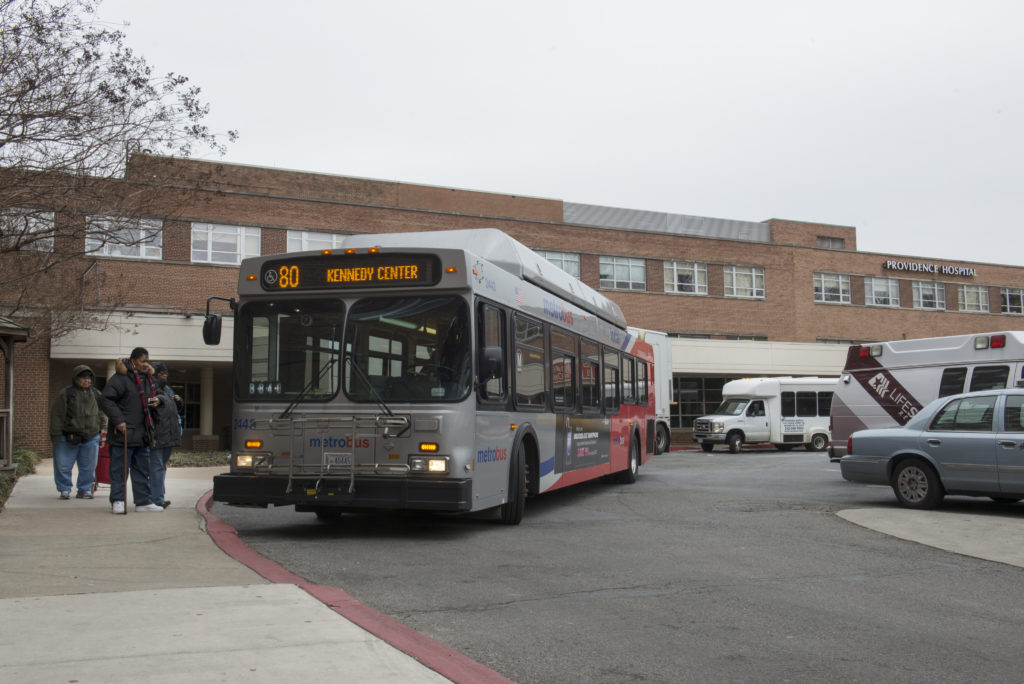
Washington, D.C. may become the largest city in the U.S. to offer free bus services, thanks to legislation pushed forward earlier in December.
The majority vote towards the bill by the D.C. council brings the nation’s capital a step closer to providing free bus fares for all riders boarding from the district. The proposal will also add overnight services to 12 major bus lines.
Council members will take a final vote on the bill on Dec. 20 before sending it to Mayor Muriel E. Bowser for consideration. Former council member Bowser previously helped to create the District’s Kids Ride Free program in 2013, but she has voiced cost concerns about recent legislation.
“Free transit sounds great, but Metro is part of a compact,” Bowser told reporters earlier in the month. “And we are a one-third payer in that compact. So if you ask me about free bus [fares], I think, you know, we’re going to be paying, and Maryland and Virginia need to be paying.” The original version of the bill was pitched to include a $100 monthly subsidy for residents towards use of Metrobus, Metrorail and other regional transit providers.
However, the cost of this initial draft was too steep, estimated at $150 million annually. The new bill, which has no transit subsidy element, is estimated to cost around $42 million.
In a statement to PBS NewsHour, the Washington Metropolitan Area Transit Authority said that it is monitoring the proposal and that “Metro looks forward to jointly working toward our goal of providing more accessible and equitable service for our customers.”
Several other cities across the nation–including Kansas City–have introduced similar initiatives.
A nationwide movement towards free or reduced-fare transit has significantly accelerated, partly in response to the pandemic. Essential workers and those dependent on public transportation had no other option but to travel during the onset of the coronavirus. Metro fares in D.C. were waived from March 2020 through January 2021. However, once fares returned, transit officials reportedly noticed a large drop in ridership.
This bill will provide security for some of the most insecure populations within D.C. Americans who are lower-income, Black or Hispanic, immigrants, or those under 50 are most likely to use these services, according to the Pew Research Center. Extended overnight services will benefit residents who work long hours or night shifts.
ncG1vNJzZmivp6x7sa7SZ6arn1%2Bjsri%2Fx6isq2eelsGqu81onaudlWKvtr%2BMq6CdnaNirrOxjKilnmWjqbKxecKlpqydomLBsHnRnpiloaSueqq6jJ1knGWYmr%2Bmv4ywn5qsXam1osCMppyapqM%3D